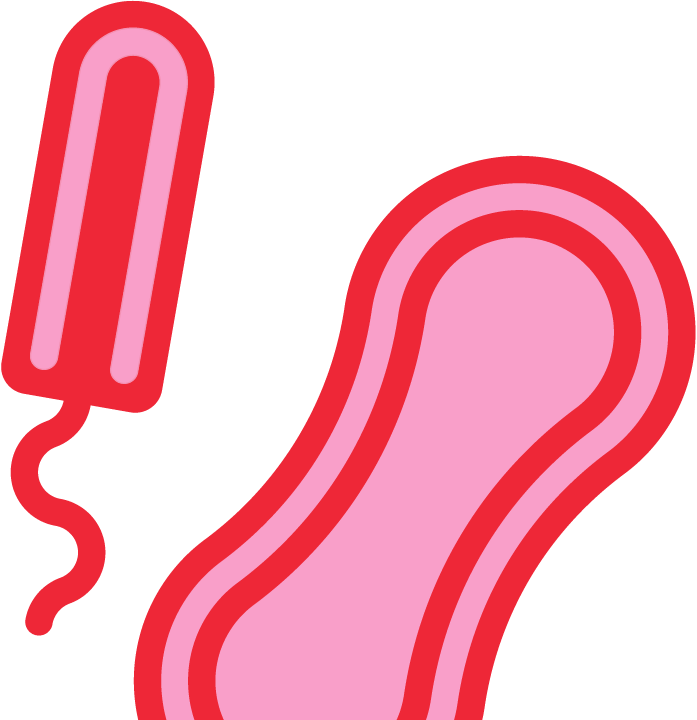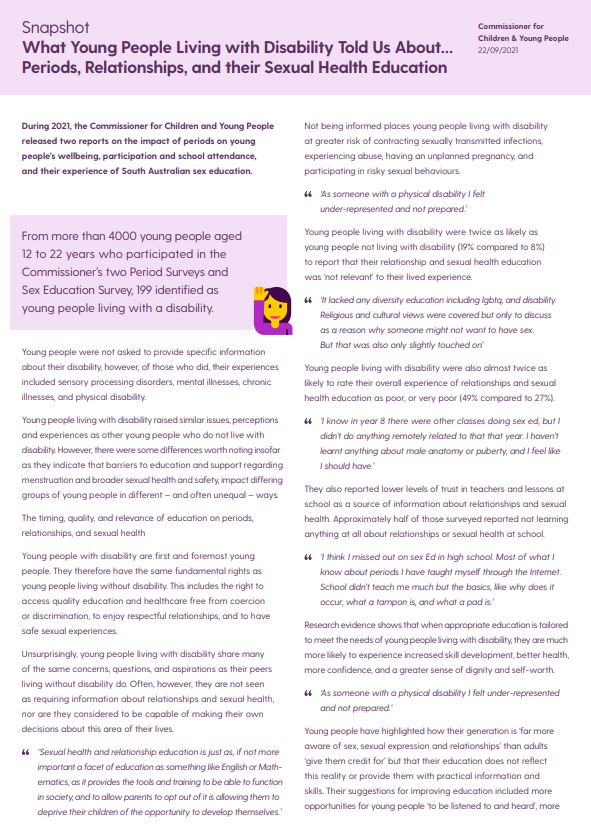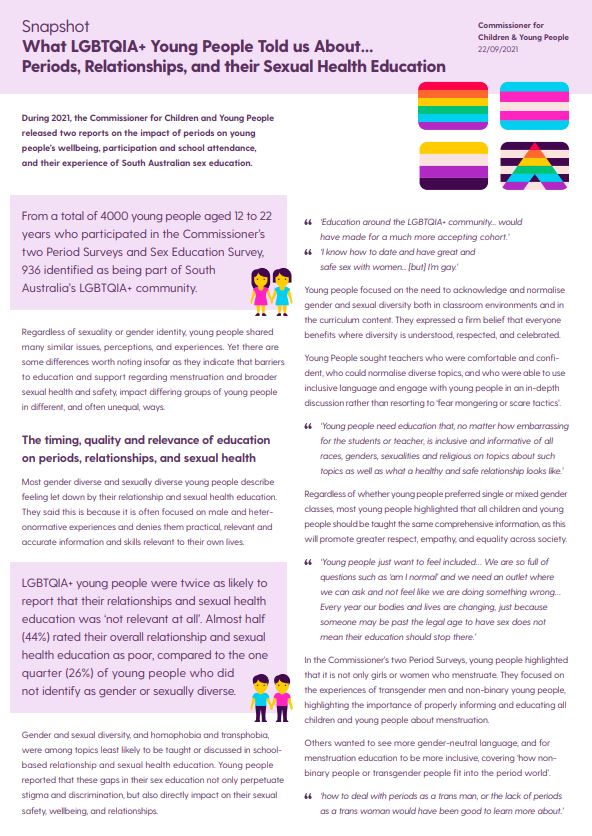The issue.

Roughly 26 per cent or half the world’s female population [i] is of reproductive age, and therefore menstruating each month for about two to seven days. Over a lifetime this adds up to approximately nine years. Yes you read that right.
Yet, as normal as it is, periods are stigmatised around the world.
Access to information, education, menstrual hygiene products and appropriate facilities for management and disposal of products associated with menstruation, is lacking. The lack of these essentials is referred to as period poverty. Removing the stigma and taboo of menstruation, as well as ensuring everyone who has a period, has easy access to period products when they need them, is about achieving ‘period justice’.
Michela Bedard, Executive Director of US based global period advocacy organisation PERIOD, describes it like this: “Menstrual [or period] justice intersects with a variety of issues including gender justice, racial justice, environmental justice and education access. Period poverty is an end result of lifetimes of policy that did not centre on menstruators, or their experiences. It’s important to remember that the work towards menstrual justice is a matter of human rights, of seeing everyone for their full humanity.” [2]
This website is designed to provide visitors with a curated selection of information relating to the worldwide effort to achieve period justice. It was developed following a series of consultations and surveys of young people in South Australia undertaken by their Commissioner for Children and Young People, Helen Connolly. The feedback provided by the 2,985 children and young people aged 7 to 22 years culminated in the first Australian National Period Summit and release of a survey report [Menstruation Matters (2021)] summarising their experiences and recommendations for change.
We encourage you to explore the site and share its contents with your family, friends and colleagues. You will be helping to raise awareness and encourage more conversations about periods and period justice more broadly. Period poverty occurs everywhere, making period justice relevant to every community in every corner of the globe.
If you know of a resource that you think would add value to this site, please get in touch via the email below.
Read what young people had to say about periods and relationships and their sexual health education…
What is Period Poverty?
In South Australia there are young people who cannot afford to buy sanitary hygiene products when they have their period. It’s worth thinking on what that really means for a moment.
This unhygienic, difficult and degrading reality is referred to as ‘period poverty’.
Prevalent in many developing countries, it also happens here in South Australia and is impacting on the capacity of those young people affected to attend school, sporting and social commitments.
Period poverty is causing young people to feel shame for being dependent on others to supply these essential items, while forcing them to use inadequate alternatives that include socks, tissues and toilet paper.
Nobody should have to worry about how they are going to manage their period. Everyone has the right to access adequate hygiene products.
To address this inequity South Australia’s Commissioner for Children and Young People, Helen Connolly is calling upon government, the sanitary hygiene industry along with community stakeholders that include schools, community groups, sporting clubs, and public and private hospitals and universities, to work together to end period poverty permanently in our State.
An accessible, non-stigmatising supply and distribution scheme for a range of free hygiene and sanitary products that will reach the South Australian young people who need them as they cannot afford to purchase these essential items must be devised as a priority.
Period Justice. © Commissioner for Children and Young People, South Australia. All rights reserved.
Disclaimer | Privacy Policy | Attributions | Website created by Education Web Solutions (EWS).




